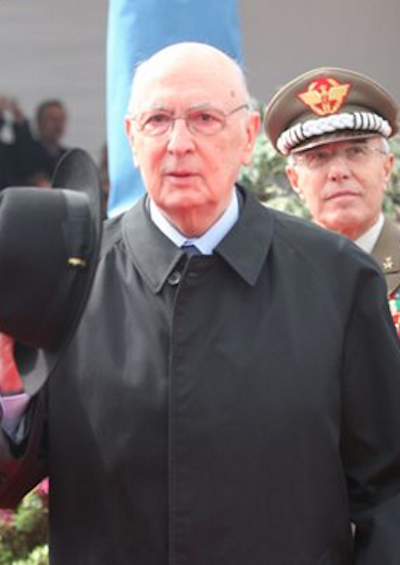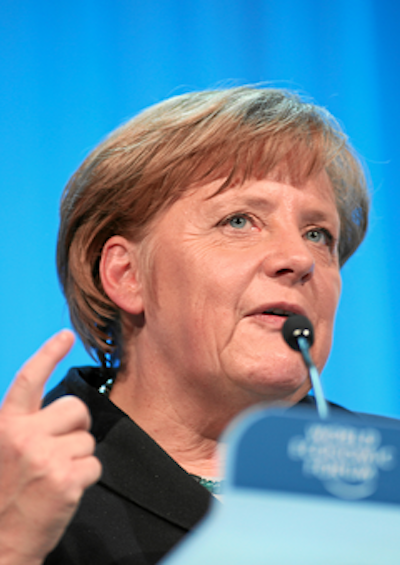Italy’s Political Vacuum
The resignation of President Napolitano could pose a big challenge for Matteo Renzi.
January 2, 2015

Greece has already put itself back into the play of the markets after the Greek parliament failed to elect a successor for the outgoing President, Mr. Karolos Papoulias. As a result of this failure, the country’s parliament has been dissolved and new elections will be held on January 25, 2015.
The resignation of a crucial figure
The key question for Europe is whether a similar outcome will come to pass in Italy. Its 89-year old President of the Republic, Giorgio Napolitano, who was reelected in April 2013 and whose term officially ends in 2020, has announced that, due to his age, he wants to resign.
It now falls on the members of the Italian Parliament to select a new President. The road to get there may prove as trouble-laden as it was in Athens recently.
The issue isn’t just about finding a new President. Rather, all the questions concerning the reform agenda (Public Administration, Justice, Information, Institutional system) are wrapped up in that vote.
Much will depend on the agreement reached by Matteo Renzi and Berlusconi and hence on the question of their real intentions and political interests. Ultimately, it all boils down to one question: Who is interested in going to vote now?
Berlusconi’s return?
Apparently, Matteo Renzi, still equipped with very strong support in the polls, doesn’t mind such an outcome. The same might hold true for Berlusconi. He could decide to test his political strength and, more importantly, change his line-up of current parliamentary representatives.
Berlusconi could also have a secret hope — weakening Renzi through the presidential election and then vote on the basis of a messy and ineffective electoral law. In those circumstances, the current Prime Minister would look weaker, not able to lead Italy despite his indubitable charisma and courage.
Italy’s political system is not as fractured as Greece’s. Still, one should never put it past Mr. Berlusconi to act as spoiler — if for no other reason than to prove his own political “relevance.”
Given this situation, many observers agree on one solution: the ultimate option for Italy might be abroad, more precisely in Frankfurt – in the offices of the European Central Bank. It is securely governed by an Italian, ECB President Mario Draghi. His safe pair of hands may be needed even more in Italy than on the European stage.
Takeaways
The road to selecting another President may prove as trouble-laden as it was in Athens recently.
The issue isn't just about finding a new President.
The best option for Italy might be abroad, more precisely in Frankfurt.
One should never put it past Mr. Berlusconi to act as spoiler.

